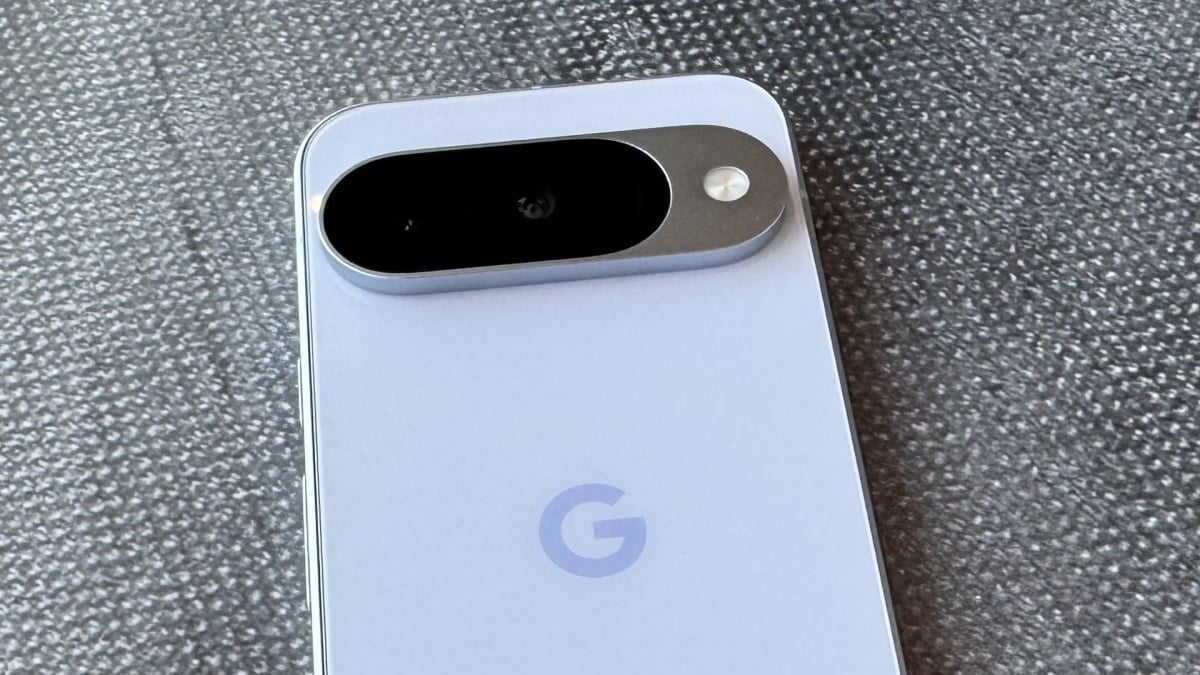
News
August 23, 2025
Google Is Quietly Building AI Into the Pixel Camera App, and It Worries Me
People should know when they're using AI.
Google is subtly integrating artificial intelligence deeper into its Pixel camera app, raising concerns about transparency and the potential for misleading users. The move, while promising enhanced photo and video capabilities, has sparked debate about the ethical implications of blurring the lines between reality and AI-generated enhancements.
The core worry revolves around the lack of clear indication when AI is actively altering or augmenting captured images and videos. While Pixel phones have long boasted impressive computational photography features – such as Night Sight for low-light photography and Super Res Zoom for enhanced digital zoom – the increasing sophistication and pervasiveness of AI raise the stakes. Early iterations of these features were relatively straightforward, focusing on improving image quality using algorithms based on established photographic principles.
Now, AI is being used to make more significant changes, potentially altering textures, adding details, and even manipulating the overall scene in ways that weren't originally present. Imagine, for example, a landscape photo where the AI subtly adds clouds, brightens the colors of flowers, or sharpens the details of distant mountains. While the result might be aesthetically pleasing, it arguably deviates from the true representation of the original scene.
The concern isn't necessarily about the quality of the images themselves. Pixel phones are known for producing stunning photos, and AI undoubtedly plays a significant role in achieving this. Instead, the core issue is the lack of transparency. Users should be explicitly informed when AI is significantly altering their photos or videos. This allows individuals to make informed decisions about how they use and share these images, preventing potential misrepresentation or even manipulation.
The gradual integration of AI raises questions about authenticity in a digital age already grappling with deepfakes and misinformation. Without clear indicators, it becomes increasingly difficult to discern what is genuine and what has been artificially enhanced. This lack of transparency could erode trust in visual media and make it harder to distinguish reality from AI-generated content. As Google continues to develop and implement AI within its Pixel camera app, addressing these ethical concerns and providing users with clear information about AI's involvement is crucial.
The core worry revolves around the lack of clear indication when AI is actively altering or augmenting captured images and videos. While Pixel phones have long boasted impressive computational photography features – such as Night Sight for low-light photography and Super Res Zoom for enhanced digital zoom – the increasing sophistication and pervasiveness of AI raise the stakes. Early iterations of these features were relatively straightforward, focusing on improving image quality using algorithms based on established photographic principles.
Now, AI is being used to make more significant changes, potentially altering textures, adding details, and even manipulating the overall scene in ways that weren't originally present. Imagine, for example, a landscape photo where the AI subtly adds clouds, brightens the colors of flowers, or sharpens the details of distant mountains. While the result might be aesthetically pleasing, it arguably deviates from the true representation of the original scene.
The concern isn't necessarily about the quality of the images themselves. Pixel phones are known for producing stunning photos, and AI undoubtedly plays a significant role in achieving this. Instead, the core issue is the lack of transparency. Users should be explicitly informed when AI is significantly altering their photos or videos. This allows individuals to make informed decisions about how they use and share these images, preventing potential misrepresentation or even manipulation.
The gradual integration of AI raises questions about authenticity in a digital age already grappling with deepfakes and misinformation. Without clear indicators, it becomes increasingly difficult to discern what is genuine and what has been artificially enhanced. This lack of transparency could erode trust in visual media and make it harder to distinguish reality from AI-generated content. As Google continues to develop and implement AI within its Pixel camera app, addressing these ethical concerns and providing users with clear information about AI's involvement is crucial.
Category:
Technology